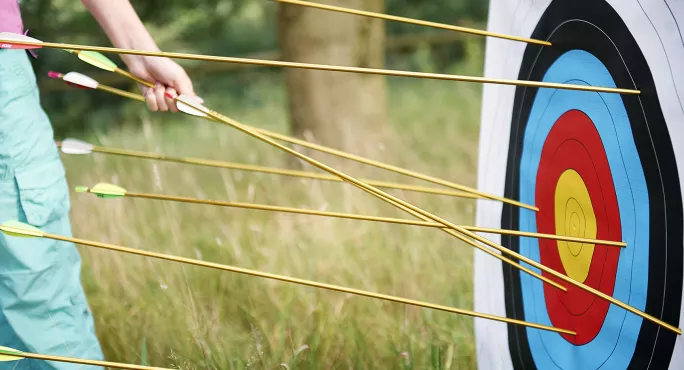Secondary ITT recruitment ‘to fall short of target’ again

School staff union leaders have warned of a “vicious cycle” of under-recruitment as new statistics show that the government is set to miss its recruitment target for secondary trainee teachers again this year.
Analysis of the latest initial teacher training (ITT) recruitment figures by the NAHT school leaders’ union and the NEU teaching union has found that just 13,788 postgraduate secondary ITT candidates had been “placed” on courses - those that were recruited, accepted a conditional offer or deferred an offer - as of August.
This figure accounts for just over half (52 per cent) of the Department for Education’s target of 26,360 postgraduate ITT secondary trainees needed to start their training in the 2023-24 academic year in order to provide a sufficient supply of new teachers for 2024-25.
In 2022-23, the government missed its target for secondary teacher trainee entrants by 41 per cent, with just 12,356 entrants.
Paul Whiteman, general secretary of the NAHT, said that pupils, parents and school leaders are seeing the “damaging impact of this crisis every day”.
He added: “More children are being taught by teachers with no qualification in the subject they are teaching, by teaching assistants, or by often costly supply staff.
“For school leaders and teachers, it’s a vicious cycle, because staffing vacancies add to unsustainable workload and can harm their wellbeing, prompting more to consider their future in what should be a richly rewarding profession.”
- ITT: DfE raises secondary ITT target by 26%
- Revealed: ‘Catastrophic’ drop in teacher trainee numbers
- ITT: Primary applications plummet by a fifth
Mr Whiteman also called for the government to “rip up its failed recruitment and retention strategy and replace it with a new vision which restores education as a career graduates aspire to”.
Daniel Kebede, general secretary of the NEU, said: “No matter the efforts to talk up its education record, this government has been missing its own recruitment targets year after year. This is not a sustainable situation, and the reasons behind it are all too clear.”
Mr Kebede said that chronic underfunding, long working hours, and real-terms cuts to pay were “driving many out of the profession”.
Jack Worth, school workforce lead at the National Foundation for Educational Research (NFER), said its analysis also pointed to recruitment targets being missed.
He said: “The NFER’s latest forecast of secondary teacher training recruitment in England shows that only 52 per cent of the required number of teachers are likely to be recruited this year.”
Mr Worth added that just three subjects - history, Classics and PE - will meet their trainee targets this year.
He added: “Without an urgent policy response to make teaching more attractive, schools will face increasingly intense shortages over the next few years, which are likely to impact negatively on the quality of pupils’ education.”
While the latest data reveals that ITT trainee targets will be missed at secondary, it does show that 9,954 postgraduate ITT primary trainees had been placed on courses by last month, above the DfE target of 9,180.
Last year, the government missed its primary trainee target for the first time since before the pandemic, and by the widest margin in eight years.
The DfE decreased its target for primary trainee entrants by 21.2 per cent this year.
A DfE spokesperson said: “There are now record numbers of teachers in our schools, up by 27,000 since 2010 which has been achieved through a range of initiatives to attract the best candidates into teaching, including tax-free bursaries and scholarships worth up to £29,000.
“On top of this, the Levelling Up Premium worth up to £3,000 tax free annually is available for maths, physics, chemistry and computing teachers who choose to work in disadvantaged schools in the first five years of their careers.
“Teachers will get a 6.5 per cent pay award beginning in September and starting salaries are now at least £30,000, which recognises the hard work of teachers and leaders”.
You need a Tes subscription to read this article
Subscribe now to read this article and get other subscriber-only content:
- Unlimited access to all Tes magazine content
- Exclusive subscriber-only stories
- Award-winning email newsletters
Already a subscriber? Log in
You need a subscription to read this article
Subscribe now to read this article and get other subscriber-only content, including:
- Unlimited access to all Tes magazine content
- Exclusive subscriber-only stories
- Award-winning email newsletters
topics in this article



